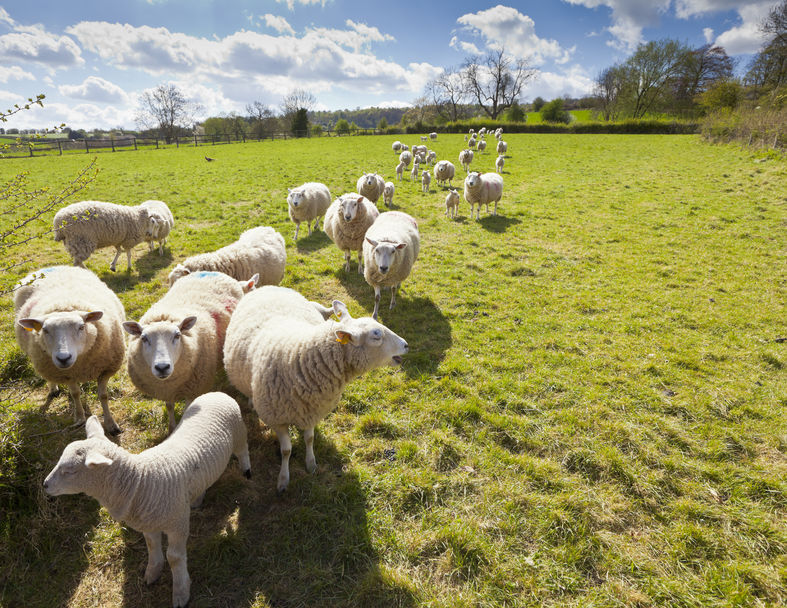
Sheep farmers have been discussing ways of adding value by maximising the marketplace, at a recent event run by the National Sheep Association (NSA).
Finding ways to improve efficiency in farming practices and adding value to the finished product is important in order to increase returns and sustainability, especially in the face of increasing market volatility.
John Richards, Industry Information Executive at Hybu Cig Cymru – Meat Promotion Wales (HCC), joined a panel of experts to address this issue and highlight ways in which value can be added to prime lamb.
"A number of factors are currently affecting the red meat sector; these include the impact of the exchange rate and the demand for lamb in export markets, UK red meat sales and consumption levels, and the costs associated with processing fifth quarter products and skin prices.
"The ability to respond and react to market fluctuation and changes ultimately decides a business’s sustainability and long term viability.
"This is true for the sheep sector; at a farm level this could be achieved by adding value to prime lamb and making a conscious effort to meet market and consumer requirements," he said.
HCC says the best tips for adding value to prime lamb at farm level is to ensure that lambs meet market requirements, produce lambs to a consistent quality and control costs in order to increase margins.
John Richards said that extending the shelf life of lamb would also bring "added returns" to the supply chain.
"As it stands, the average shelf life of Welsh Lamb is 21 days, compared with New Zealand lamb’s shelf life of 70 days.
"HCC is pursuing the issue of shelf life as it is vital for increasing the market value and export potential of PGI Welsh Lamb."
